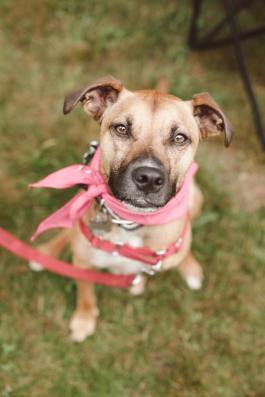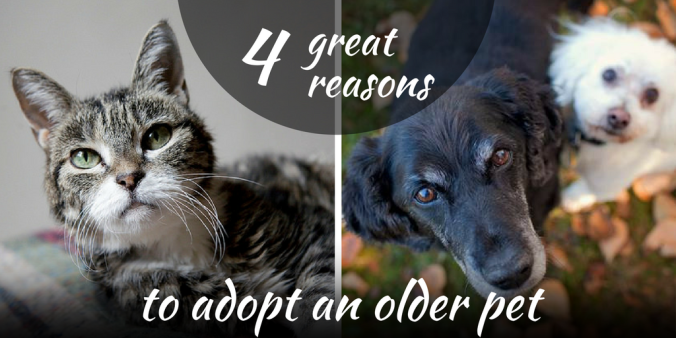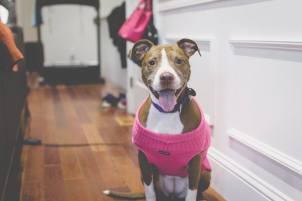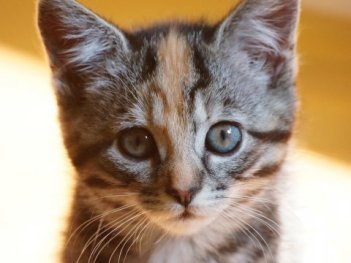By: Erin Ford
Pet owners are well aware of the many benefits of pet ownership — unconditional love,
something to cherish at the end of the day, a being to care for beyond yourself. Beyond those fulfilling, life-affirming reasons, there are some tangible health benefits to being a pet owner. Below I’ve outlined some of the most common health gains that come from owning a pet.
- Less stress and lower blood pressure
When petting a cat or dog, you brain can release the chemical oxytocin, which results in happiness and bonding. But you don’t even need to pet the animal to activate that chemical release. This study showed that even having a pet present during a stressful event helped people relax. The conclusion made was that people see their pets as supportive parts of their lives, and having them by their side during a challenging time was reassuring. This study, focused on hypertension, found that pet ownership helped with blood pressure during a stressful event more than a certain pharmaceutical drug.
- Less anxiety, which decreases pain
Whenever you feel as though nothing’s going right in life — just look at your pet. No matter what mess-ups, challenges, or disappointments are going on in your life, your pet will still have unconditional love for you. As long as they have your love, some food, and a warm place to sleep, they are happy. Realizing this may help pull you out of an anxiety attack or a gloomy mood. The presence of pets is scientifically shown to decrease anxiety and can help with chronic pain. College campuses across the country bring therapy dogs onto campus, especially during finals week, to ease students stress and anxiety. (Here is a heartwarming article about the great impact service dogs have.) In addition, there are many therapy animals that people depend on for anxiety. This article is about Otitis the rescue cat, who in turn, rescued his owner in helping her with her severe anxiety. This study from Loyola University found that patients recovering from total joint replacement surgery who receive animal-assisted therapy (AAT) require less pain medication than those who do not experience this type of therapy.
-
Opportunities to get active and go outdoors
Pets can be a great motivator to get outside and get active. Dogs need to be walked at least twice a day, which can motivate their owners. There have been times when I would have much rather snuggled on the couch under a blanket, but I couldn’t let my dog down. It benefits both you and your pup, as getting some fresh air and your heart pumping is an important part of each day. You can explore new places and go on hikes with your companion, so you’re never lonely. These outings can potentially introduce you to new people. If you take your dog to the dog park, you have a community of fellow dog-lovers to get to know. So, with your pet, you are introduced to new places and people.
While we may feel firsthand the emotional and mental health benefits that pet provide, just know that the next time you snuggle, pet, or walk your four-legged friend, your body will thank you for it!
You can read more on this topic by visiting:






 Kitten season is upon us again! That became evident to me last week when my husband brought home an orphaned kitten that he found at the job site where he was working. It was good timing though. Our other cats are all over the age of 8, and we had been threatening for awhile to bring home a new kitten to chase them around and keep them on their toes! Because it’s been awhile since we’ve had a kitten in the house, I decided to do some reading to refresh my memory on kitten healthcare and vaccinations.
Kitten season is upon us again! That became evident to me last week when my husband brought home an orphaned kitten that he found at the job site where he was working. It was good timing though. Our other cats are all over the age of 8, and we had been threatening for awhile to bring home a new kitten to chase them around and keep them on their toes! Because it’s been awhile since we’ve had a kitten in the house, I decided to do some reading to refresh my memory on kitten healthcare and vaccinations. 
 Last month, Bella Claire was on the radio!
Last month, Bella Claire was on the radio!